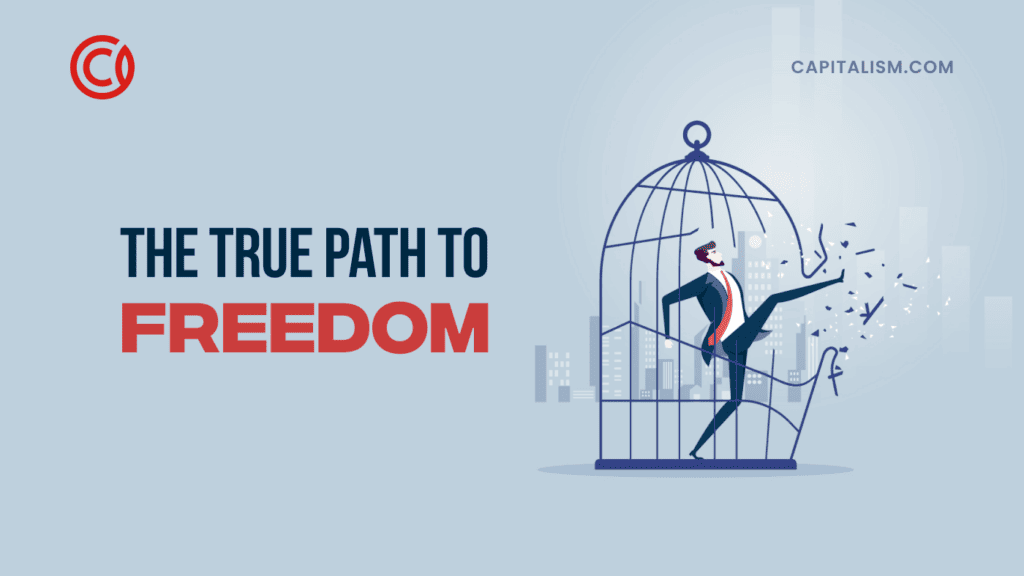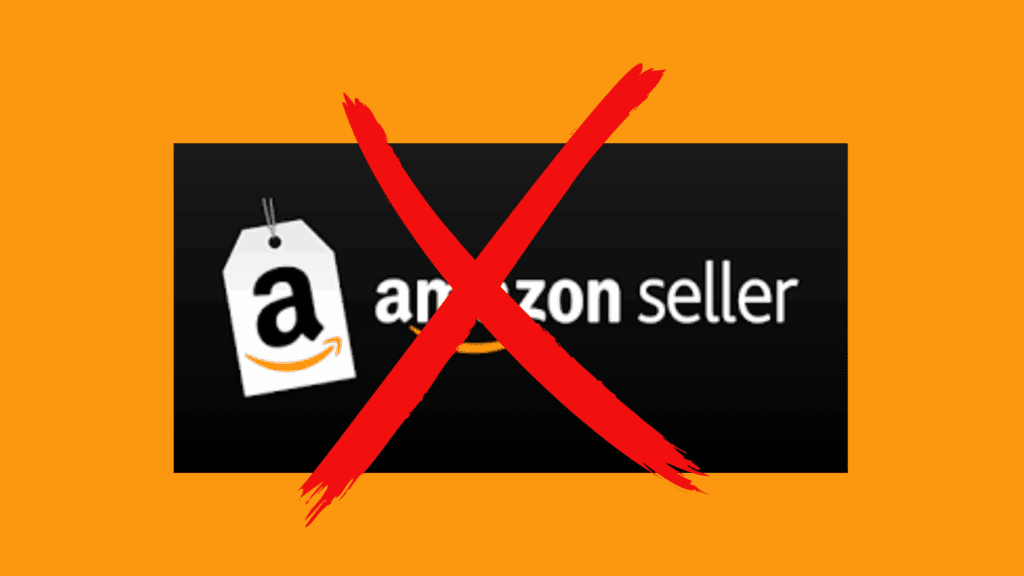People, now more than ever, are feeling lonely and burnt out at work.
This is according to two collegiate researchers concluding that more people are feeling tired and lonely at work, based on an observation reached after examining 20 years of data from the General Social Survey of 2016.
Almost 50 percent of people say they are often or always exhausted because of work and work-related activities. This is a 32 percent increase from over 20 years ago.
However, Emma Seppala, the science director of Stanford University’s Center for Compassion and Altruism Research and Education, and Marissa King, a professor of organizational behavior at the Yale School of Management, believe that work exhaustion is directly linked to feeling lonely.
According to a write-up of their findings in the Harvard Business Review, loneliness is directly linked to the emotional exhaustion and the burnout professionals feel.
"We found that 50% of people — across professions, from the nonprofit sector to the medical field — are burned out," Seppala and King wrote. "This isn’t just a problem for busy, overworked executives... Our work suggests that the problem is pervasive across professions and up and down corporate hierarchies."
With this finding, they argue that loneliness, regardless of intentional or unintentional social isolation or exhaustion, can be very serious to an individual's health and mental well-being.
Seppala and King pointed to research from Sarah Pressman of UC Irvine, as well. Pressman reveals that loneliness diminishes a person's longevity by 70 percent — compared to obesity at 20 percent, drinking at 30 percent, and smoking at 50 percent. The brain considers loneliness as physical pain, they argue. The social and physical derivatives of loneliness can, in effect, influence people and their ability to be productive in their professional and personal lives, Seppala and King said.
This comes as people who have people social connections can combat the risk of burnout and loneliness. Meanwhile, companies — with experts in fighting loneliness — have worked to counter the impacts of work exhaustion and loneliness.
Some recommendations from Seppala and King suggest that celebrating team success every now and then with added encouragement for employees to develop themselves in their fields can go a long way too. Plus, having greater human connections and an open work environment that is inclusive can do wonders for managers and employees who don't have immediate relief.
How do you fight burnout? Share your experience with us in the comments below.
MINDSET MATTERS. READ MORE ON CAPITALISM.COM:
• Reframe Your Understanding of Wealth Creation
• Why Whole Foods CEO John Mackey is Vegan But Sells Meat
• Why We Need More Job Creators, Not Job Takers










